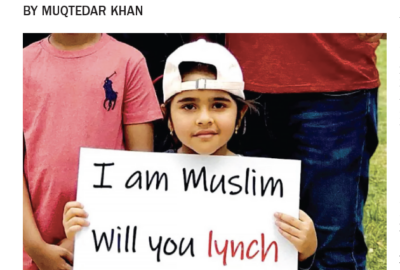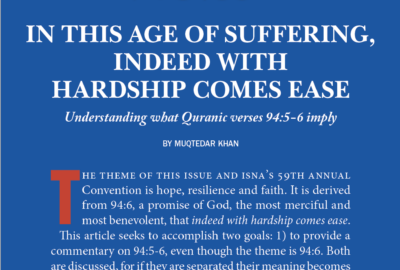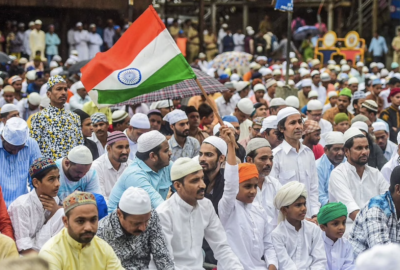Socialism for the rich!
A deal President Obama struck with Republican leaders last week will extend tax cuts across the board including, controversially, to the richest Americans.
Some politicians argue that religious values should be reflected in the public square. Should this faith-based view of politics be applied to the economy? Jesus said, “Whatever you did for one of these least brothers of mine, you did for me.”
In a time of economic turmoil and record poverty levels, are tax cuts for the wealthy moral?
In Chapter 70, the Quran invites those who turn away from the truth and hoard [70:17-18] wealth to return to the straight path. The Quran further reminds everyone that in the wealth of each one of us is the share of those who seek a share and for those who are impoverished [70: 24-25].
Distributive justice is an important element of Islam. It is one of its five pillars (Zakat). While Muslim theologians, by and large, have frozen the textual meaning and social scope of the principle of Zakat, by adhering to its definition as a wealth tax applied at the rate of 2.5%. In my understanding Zakat is the principle for redistribution of natural resources in such a way that all beings benefit from God’s bounty in an egalitarian and just fashion. In an age when enormous amounts of wealth are generated and an inordinate degree of inequity is simultaneously sustained, I am open to raising the percentage of wealth that can be redistributed.
One of the primary functions of the state is to redistribute resources and benefits to overcome the inequities generated by markets. Taxation is the key instrument for achieving this balance. Therefore while giving tax breaks to the rich during times of surpluses are understandable; doing the same when the society in general is suffering and the economy is reeling is haraam (that which displeases God) and unjust.
It is surprising how, the very people who believe that America is a Christian nation, abandon the spirit of Christian charity and Jesus’ love and concern for the oppressed and the impoverished while framing tax policy.
During the current economic crisis in the U.S., we have given over 800 billion dollars in financial relief to rich corporations to save the economy. Now we are giving nearly 900 billion dollars in tax cuts, a significant share of which will go the rich who have already benefitted from state’s generosity, to once again save the economy. No matter how the economy fares, in times of surplus and in times of crisis, the state gives wealth to the rich as tax cuts or as bailouts.
In America, we have invented socialism for the rich! The consequences are there for all to see.
I think it is immoral for any society to privilege the well off at the expense of the deprived. Whether it is Prophets like Muhammed and Jesus (peace be upon them) or philosophers like John Rawls and Ronald Dworkin, whoever cared about justice, sought equitable redistribution of resources. Taxing the rich to serve the poor is one way to do that.








